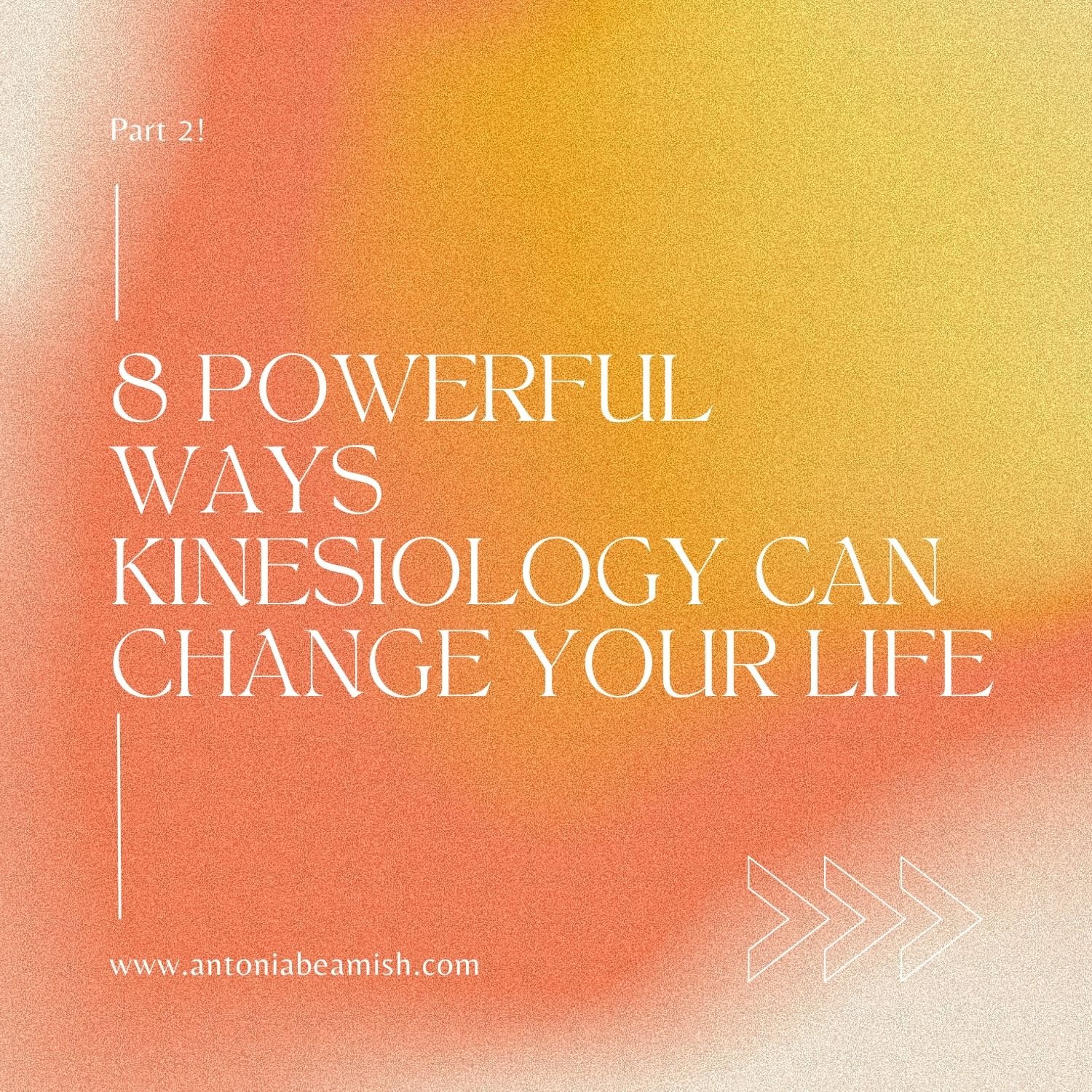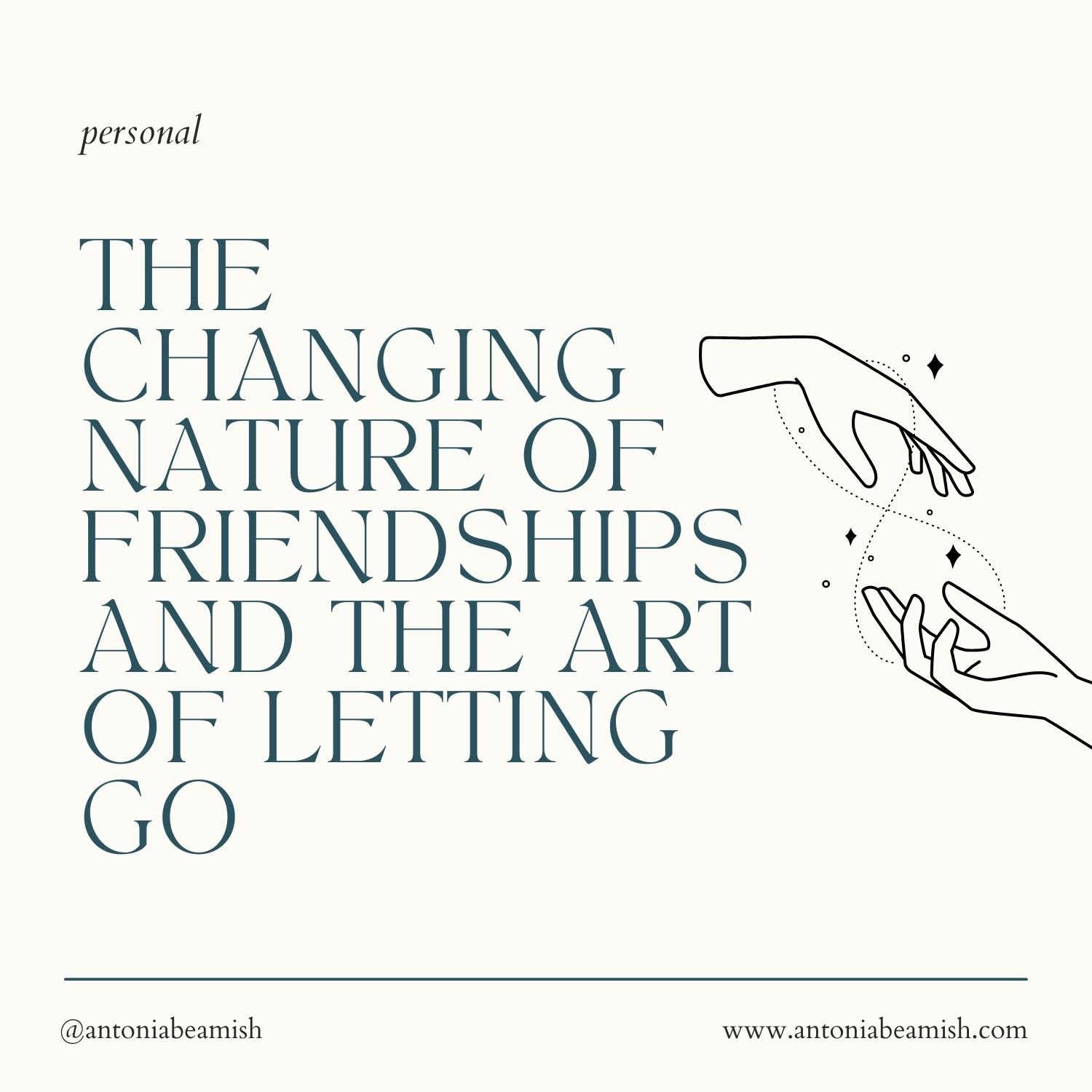Is this the real cause of your anger?
We’re all like onions, we come in layers.
This means that we have emotions layering emotions, which can sometimes make it hard to understand how we’re really feeling. Until we become conscious of the deeper emotions feeding our surface level ones, it can be hard to find clarity and truly understand ourselves.
A great example that is coming up time and time again in my clinic is anger.
Anger can be quiet and seething, hiding out until it gets an opportunity to come out in a rage. Anger can also be upfront and loud as an immediate reaction. Either way, it can be a tricky emotion because of what it really hides.
From what I’ve seen in my clinic and through my own experience, anger is nothing more than fear turned inside out. It’s a way for us to protect ourselves when we feel threatened, even though we’re not consciously aware of the link.
This is why anger can take us by surprise. We may not be angry people but we reach a point where we use anger to emote how we feel, and there’s a few good reasons for that.
Anger through a lack of boundaries
One side of anger comes from feeling threatened when our boundaries are in danger of being crossed. This is a quiet anger that we may not be aware we’re feeling because we’re so used to pushing the feelings down.
Normally, the people who repress anger are the ones who have a self-esteem wound. We tend to fall into the category of people-pleasers and hard workers who lack confidence and hate to upset anyone. So we swallow how we feel, seemingly unaware that the small doses of healthy, righteous anger that we deserve to express, are becoming buried in our bodies.
When we repress emotions they pop up in physical ways. Anger is stored in the liver and gallbladder and some of the symptoms I would expect to manifest in these areas are feeling heavy, toxic, sludgy, headachy, nauseous, spotty, foggy-headed and irritable.
I write about boundaries a lot because I know, from experience, how a lack of clear, healthy boundaries can affect emotional and physical wellbeing.
Something I tend to notice is that most of us have very weak boundaries that are like jelly, transparent and easily pushed aside. The problem is, when our boundaries are wishy washy, we don’t conscious realise the impact of someone stepping all over them, coming closer and closer to our core.
How we express anger in our bodies
Our emotions know this, however, and that’s where the primal reaction of anger comes out of us. We try to dampen it, thinking that it’s wrong and rude to be angry, because we don't consciously realise that our boundaries are being invaded.
Our bodies also tell us, very clearly, when our boundaries are being pushed.
It can be a tension or tightness in our solar plexus area, located above our navel and below our heart. It can also be through throat issues, where our communication centre is being blocked. Another physical defence mechanism can be a migraine, another way for our body to physically remove us from a situation that is damaging our wellbeing.
When I recently noticed how my boundaries were being crossed, I understood why I had to keep clearing my throat, why my stomach was feeling tense and tight and why I felt so tired and irritable.
The clue is to listen to the body and understand what it’s trying to say.
Anger through fear
Another side of anger comes from the fear of losing control.
This is most likely a pattern learned in childhood, or even a past life, when we either felt abandoned, unsafe or threatened as children. As adults, we then use anger in response to control slipping through our fingers, because, if we can’t control the situation, we can’t be safe.
Safety is our ego’s number one priority. Our ego is a wonderful gift, designed to keep us alive, yet when our ego is given free reign through fear, we can no longer make balanced decisions because fear poisons everything we think, say or do.
Like a drop of blood in a glass of water, fear clouds our judgement so we can no longer see our way.
If you are someone who reacts with anger, you most likely don’t feel safe. There is something that threatens your instinctual drive for safety, undoubtedly triggered by past events, that you will need to delve into to truly understand yourself.
Don’t judge yourself too harshly, it’s only a learned programme that can be unlearned. Have deep compassion for yourself because anger is merely your coping mechanism, not who you are.
Moving away from fear and anger
The problem with anger is that it creates a vicious cycle.
If you react in anger towards others, perhaps people you work with, people you live with or your family, then that will trigger a fear response in them. And we now know that when we feel fearful and threatened, our own anger rises to the surface in our defence.
As you can see, it’s a vicious cycle of fear-anger-fear-anger-fear and on it goes.
Get to the root of your fear by testing the strength of your boundaries and delving into the past where your safety felt compromised. It doesn’t have to always be physical safety, it can be emotional too. A good example is feeling abandoned, unloved or unsupported by a parent, which feels incredibly unsafe.
Until you get to the root cause, whatever triggers your emotional reaction will continue. So don’t let it, take back your control.
Want to receive the latest blog posts straight to your inbox? Sign up for my newsletter and you’ll also receive your FREE ‘Discover Your Fear Saboteur’ guide, the ultimate guide to identifying the fear sabotaging your potential!

























